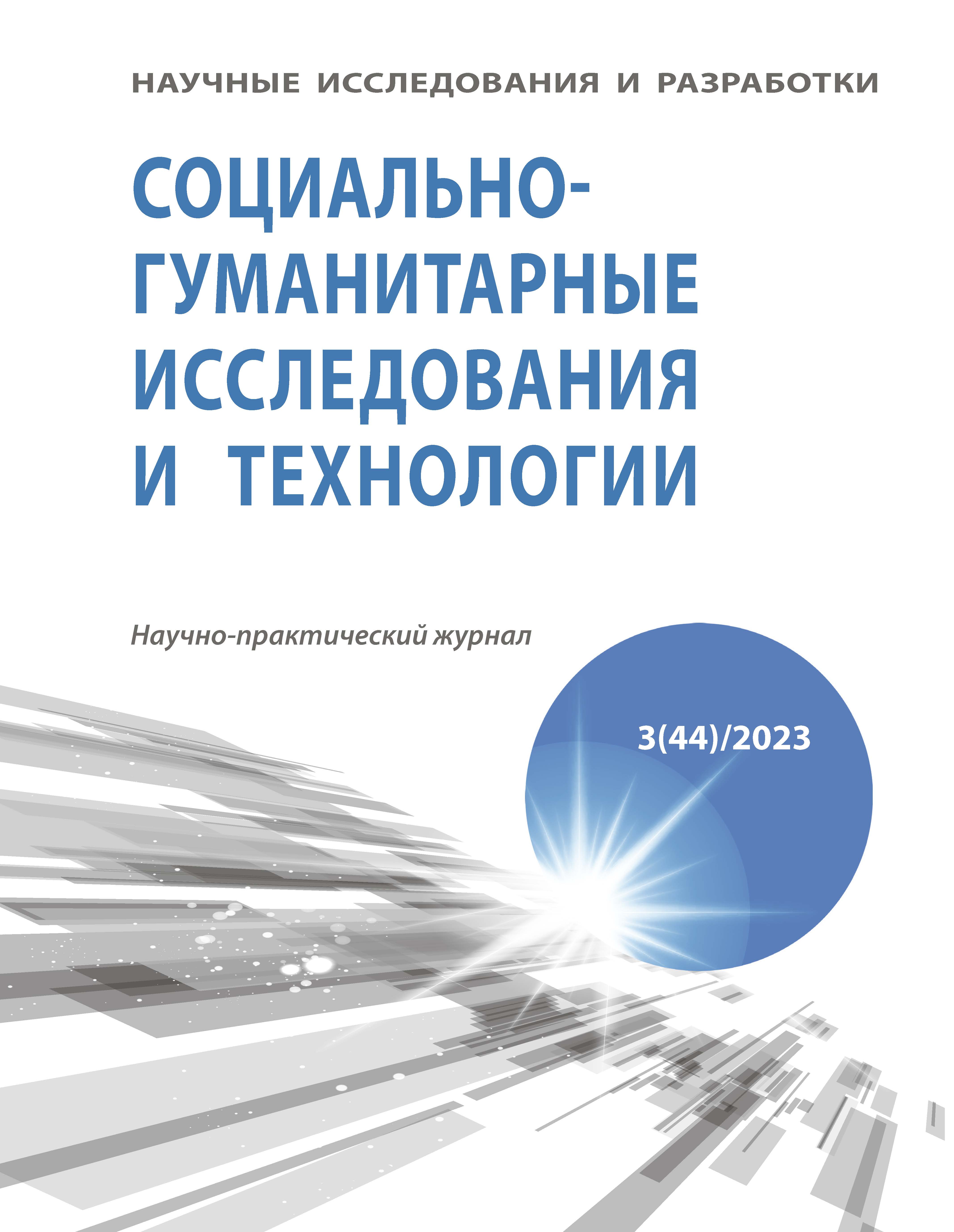МАУ ДПО «Учебно-методический центр» (структурное подразделение методического обеспечения образовательной деятельности, руководитель)
Россия
Статья посвящена исследованию изучению связей между эмоциональным развитием учителя и его профессиональной идентичностью. Двадцать учителей первого года профессиональной деятельности приняли участие в опросе, с целью выявления понимания эмоций, возникающих в ходе профессиональной деятельности, а также того, как эти эмоции помогают им развивать свою профессиональную идентичность. В результате исследования была получена модель профессиональной идентичности, которая отражает представление учителей о самих себе в связи с различными эмоциональными событиями. Эта модель включает в себя три ключевых показателя: первоначальную ориентацию убеждений учителя в понимании себя как профессионала, переживание приятных / неприятных эмоциональных событий, корректировка идентичности. Все участники подтвердили роль эмоциональных событий в развитии своей профессиональной идентичности. Также были высказаны предположения о необходимости использования полученных данных в профессиональной подготовке будущих учителей.
профессиональная идентичность, эмоции, эмоциональные события, эмоциональный труд, начинающий учитель, молодой учитель
1. Девятова И.Е. Роль субъектности в профессиональной идентичности педагога https://cyberleninka.ru/article/n/rol-subektnosti-v-professionalnoy-identichnosti-pedagoga
2. Burić, I., & Frenzel, A. C. (2019). Teacher anger: New empirical insights using a multi-method approach.Teaching and Teacher Education,86, 102895.
3. Chen, J. (2016). Understanding teacher emotions: The development of a teacher emotion inventory. Teach-ing and Teacher Education, 55, 68-77.
4. Chen, J. (2021). Refining the teacher emotion model: Evidence from a review of literature published between 1985 and 2019. Cambridge J. Edu. 51, 327-357.
5. Frenzel, A. C., Goetz, T., Ludtke, O., Pekrun, R., & Sutton, R. E. (2009a). Emotional transmission in the classroom: Exploring the relationship between teacher and student enjoyment. Journal of Educational Psychology, 101(3), 705-716.
6. Frenzel, A. C., Goetz, T., Stephens, E. J., & Jacob, B. (2009b). Antecedents and effects of teachers’ emo-tional experiences: An integrated perspective and empirical test. In P. A. Schutz & M. Zembylas (Eds.), Advances in teacher emotion research: The impact on teachers’ lives (pp. 129-152). Springer.
7. Frenzel, A. C., Pekrun, R., & Goetz, T. (2010). Achievement emotions questionnaire for teachers (AEQ-teacher)-user’s manual. Department of Psychology, University of Munich.
8. Frenzel, A. C., Pekrun, R., Gostz, T., Daniels, L. M., Durksen, T. L., Becker-Kurz, B., et al. (2016). Measuring Teachers’ enjoyment, anger, andanxiety: the Teacher Emotions Scales (TES). Contemp. Educ. Psychol. 46,148-163.
9. Fried, L., Mansfield, C. & Dobozy, E. (2015). Teacher emotion research: Introducing a conceptual model to guide future research. Issues in Educational Research, 25(4), 415-441. http://www.iier.org.au/iier25/fried.html
10. Hargrives, Andy. Os Professores em Tempos de Mudanca. Alfragide: McGraw-Hill, 1998.
11. Huang J and Yip JWC (2021) Understanding ESL Teachers’ Agency in Their Early Years of Professional Development: A Three-Layered Triadic Reciprocity Framework. Front. Psychol.
12. Izard, C. E. (2010). The many meanings/aspects of emotion: Definitions, functions, activation, and regulation. Emotion Review, 2, 363-370.
13. Keller, M. M., Chang, M. L., Becker, E. S., Goetz, T., and Frenzel, A. C. (2014). Teachers’ emotional experiences and exhaustion as predictors of emotional labor in the classroom: an experience sampling study. Front. Psychol. 5, 1-10.
14. Marie-Claire Lemarchand-Chauvin, Claire Tardieu Teachers’Emotions and ProfessionalIdentity Development: Implications for Second Language Teacher Education. Juan de Dios Martinez Agudo.
15. Olsen, B. (2011). “I am large, I contain multitudes: teacher identity as a useful frame for research, practice and diversity in teacher education,” in Studying Diversity in Teacher Education, eds A. F. Ball, and C. A. Tyson (Lanham, MD: Rowman & Littlefield), 257-273.
16. Pillen M, Douwe Beijaard & Perry den Brok, Teachers and Teaching (2013): Professional identity tensions of beginning teachers, Teachers and Teaching: Theory and Practice.
17. Ryan, K. (1986). The induction of new teachers. Bloomington, IN: Phi Delta Kappa Educational Foundation.
18. Schutz, P. A., & Lenehart, S. J. (2002). Emotions in education. Educational Psychologist,37(2), 67-78.
19. Sutton, R. E., & Wheatley, K. (2003). Teachers ‘emotions and teaching: A review of the literatureand directions for future research. Educational Psychology Review, 15, 327-358.
20. Zembylas, M. (2003). Emotions and Teacher Identity: A poststructural perspective. Teachers and Teaching, 9(3), 213-238.






